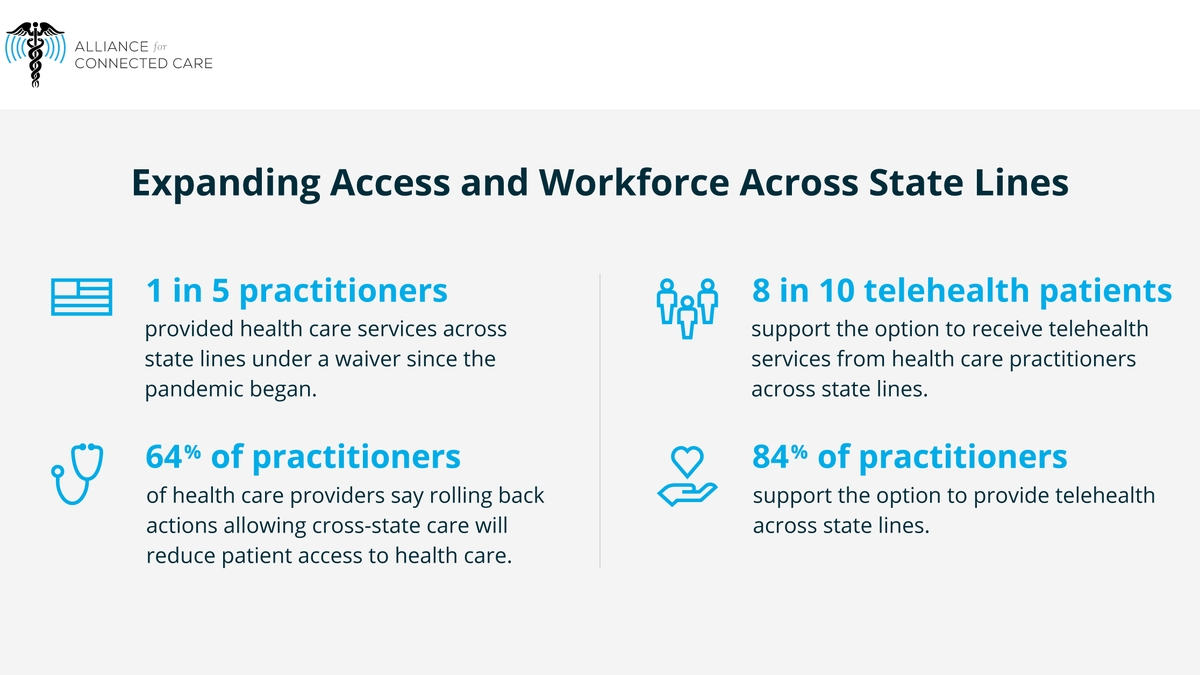Navigating the Legal Challenges of Telehealth Across State Borders

Telehealth, pivotal for healthcare accessibility, faces legal hurdles, notably licensing laws. Dr. Shannon MacDonald challenges New Jersey’s restrictive telemedicine licensure, alleging financial and physical burdens on patients. The impact of such laws is exemplified in cases of rare medical conditions needing specialized care. Urban-rural healthcare disparities worsen due to restrictive laws, affecting one in five rural residents. Advocates propose federal frameworks, licensing reciprocity, and exceptions. Managed care organizations tackle interstate legal issues post-Dobbs, emphasizing abortion-related care challenges. Amid COVID-19, states explore temporary licensure suspensions and occupational compacts. The proposed Interstate Medical Telemedicine Registration Compact aims to reform licensing for the evolving telehealth landscape, ensuring equitable access across geographical boundaries.
Make faster decisions with community advice
- AI Gets Better At Writing Patient Histories When Physicians Engineer The Prompts
- New Study Evaluates Virtual Reality to Reduce Scanxiety in Brain Tumor Patients
- Revolutionizing Healthcare: Harnessing the Power of IoT Solutions for Improved Patient Outcomes
- Carrum Health Raises $45 Million Series B to Expand Cancer Care Offerings and Launch New Service Lines
- Ethical Guardrails Are Essential To Making Generative AI Work For Healthcare
Deploy this technology today
-
nQ Cortex
Matched with Medical Subject Headings (MeSH): Biomedical Technology, Healthcare IT News: Artificial Intelligence
- NLabviva Platform
- Labviva Platform
- AI Dermatologist Platform
- Armis Platform for Healthcare

